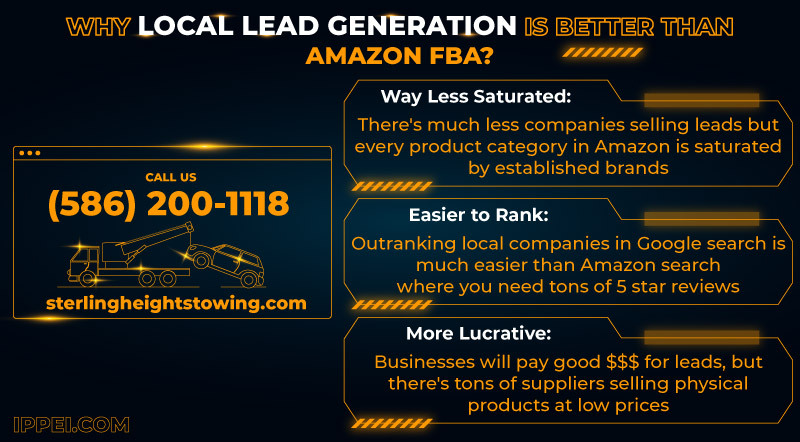Breaking Down the Average Startup Cost of Amazon FBA: Is It Worth It?

Introduction
Starting an Amazon FBA business is like stepping onto the escalator of modern e-commerce success. But how much does it actually average startup cost of amazon fba? While the idea of being part of Amazon’s massive marketplace is exciting, understanding the costs involved is crucial to determining if it’s the right move for you. Let’s break it all down.
Understanding Amazon FBA and Its Appeal
What is Amazon FBA?
Amazon FBA (Fulfilled by Amazon) is a service where Amazon handles inventory storage, packaging, shipping, and customer service on your behalf. Essentially, you send your products to Amazon, and they do the heavy lifting.
Why is it so appealing?
With access to Amazon’s vast customer base and streamlined logistics, FBA allows entrepreneurs to scale quickly and focus on growth rather than mundane operational tasks.
The Real Costs of Starting an Amazon FBA Business
Fixed Costs
Amazon Seller Account Fee
To sell on Amazon, you’ll need a Professional Seller Account, costing $39.99/month.
Product Research Tools
Tools like Jungle Scout or Helium 10 are essential for finding profitable niches. Expect to spend $30–$100 per month.
Branding and Logo Creation
A professional logo and branding materials can range from $50 to $500, depending on the designer or platform you choose.
Variable Costs
Product Manufacturing
This is often the biggest expense. Costs range from $500 to $5,000, depending on the product type, quantity, and quality.
Shipping and Customs
Shipping products to Amazon’s fulfillment centers can cost anywhere from $300 to $1,500, plus customs duties if you’re importing from overseas.
Marketing and Advertising
Amazon Pay-Per-Click (PPC) campaigns and other advertising can set you back $200 to $2,000 per month initially.
Miscellaneous Expenses
Packaging Materials
Custom packaging and inserts can cost between $200 and $1,000 for your initial inventory.
Software Subscriptions
You may need additional software for bookkeeping, email marketing, or analytics, costing $50–$300 per month.
Buffer for Unforeseen Costs
It’s smart to set aside at least $500–$1,000 for unexpected expenses like product returns or increased shipping rates.
Analyzing the Average Total Startup Cost
Most new Amazon FBA sellers spend between $2,000 and $5,000 to launch their business. However, factors like product type, advertising strategy, and sourcing location can push this number higher or lower.
Is Amazon FBA Worth the Investment?
Amazon FBA offers immense profit potential, especially with the steady growth of e-commerce. Many sellers achieve significant ROI within their first year. However, the risks, including market competition and fluctuating costs, mean careful planning is essential.
Tips to Optimize Startup Costs
-
Save Money on Inventory
Order in smaller quantities initially or negotiate with suppliers for better deals. -
Use Cost-Effective Marketing
Combine Amazon PPC with organic strategies like SEO and social media promotions. -
Leverage Affordable Tools
Opt for free or low-cost software for basic functions like bookkeeping and listing management.
Success Stories
Low-Budget Startup:
One seller started with just $1,000, focusing on a low-cost product niche. By reinvesting profits, they grew their revenue to $10,000/month within a year.
High-Budget Entrepreneur:
Another seller invested $20,000 upfront in a premium product line and achieved $100,000 in sales in six months due to effective advertising.
Conclusion
The startup cost of Amazon FBA can seem daunting, but with smart planning and resource allocation, it’s a viable and potentially lucrative business model. If you’re ready to commit and adapt, Amazon FBA can pave the way to e-commerce success.
FAQs
1. How much money do I need to start Amazon FBA in 2025?
Most sellers invest between $2,000 and $5,000 to cover inventory, shipping, and fees.
2. Can I start Amazon FBA with less than $1,000?
It’s possible, but challenging. You’ll need to focus on low-cost products and minimal advertising.
3. What are the most significant hidden costs in Amazon FBA?
Storage fees, return fees, and advertising costs can add up quickly.
4. How long does it take to break even with Amazon FBA?
Most sellers break even within 3–6 months, depending on product demand and marketing efforts.
5. What are the alternatives to Amazon FBA for e-commerce sellers?
You could explore dropshipping, Shopify, or Etsy as alternative platforms for selling.





